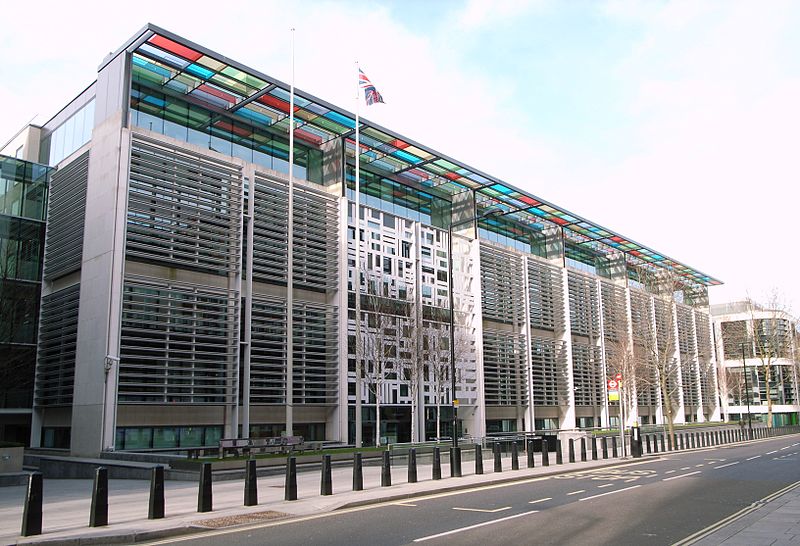
The Home Office has lost its attempt to overturn a court order that blocked the removal of a 25-year-old Eritrean man to France under the UK’s new migrant returns scheme.
The man, who arrived in the UK by small boat in August, had been scheduled for removal on 17 September. He would have been one of the first people returned to France under the new “one in, one out” agreement, which was announced in July by Prime Minister Keir Starmer and French President Emmanuel Macron.
But just before his departure, the High Court stepped in, granting him at least 14 days to make his case that he may be a victim of modern slavery.
The government argued that halting the removal risked undermining the new policy. However, the Court of Appeal sided with the original ruling, saying the High Court judge had acted properly.
One factor in the decision was that Home Office officials themselves had previously told the man he would not have to pursue his case from France, meaning the attempted removal conflicted with their own advice.
The man, whose identity has been kept anonymous, says he fled Eritrea with his mother last year, later facing harassment in Ethiopia before traveling through Sudan, Libya, and eventually France. He reached the UK in August.
During his initial asylum interview, he did not mention being exploited and said his only health issue was shoulder pain from a past accident. The Home Office said claims of trafficking were raised only at the last minute, while his asylum application had already been dismissed because he had passed through France — considered a safe country.
Government lawyer Kate Grange KC argued the court’s intervention “causes real damage to the public interest” at a time when small boat crossings have surged. She highlighted the urgency of the issue, citing recent tragedies at sea, including the deaths of two children earlier this month.
But the man’s barrister, Sonali Naik KC, said the judge was right to act quickly, stressing that the case should be judged on its own facts rather than seen as a challenge to the overall policy.
So far, the government has managed to return four people to France under the pilot scheme, including migrants from India, Eritrea, Iran, and Afghanistan. It’s not yet clear whether France has sent anyone to the UK in return.
More than 30,000 people have crossed the Channel in small boats so far this year. Photo by Steve Cadman, Wikimedia commons.




































